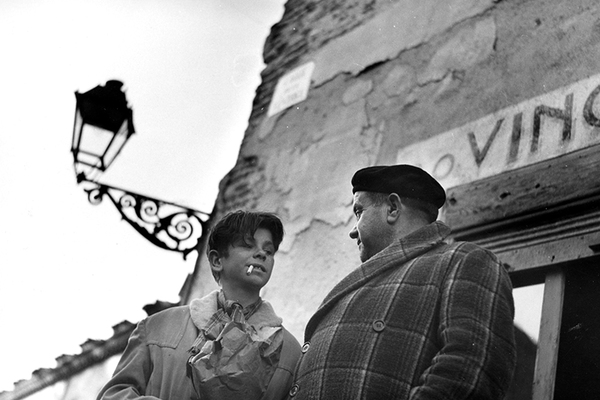Spotlight
Segundo López, aventurero urbano
PostED ON 18.10.2023
For her directorial debut in the early 1950s, actress Ana Mariscal did not hesitate to shed her status as "darling of the regime", as she was referred to in 1940, after the success of Raza, a pure Franco propaganda vehicle disguised as an adventure film.
In 1951, she founded Bosco Films, motivated by the desire to direct a film that would show a raw version of Spain, more than ten years after the end of the Civil War. Her screenplay was adapted from a picaresque novel in which the protagonist is a jovial provincial who moves to Madrid and, together with a street kid, tries to do good around him. Shot exclusively on location with non-professionals, Segundo López, aventurero urbano is dazzling - to say the least - in its formal beauty. The influence of neo-realism is palpable, although Ana Mariscal was more inclined to the poetic realism of Renoir and Carné. Suffice it to say that Segundo's importance lies in the fact that it slightly predates two benchmark films in Spanish cinema at the time: Berlanga's Welcome Mr. Marshall! and Bardem's Death of a Cyclist. And here is Ana, in the spotlight she deserves.

Segundo López, 1953 © DR
Carlos Gomez
SCREENINGS
Segundo López, aventurero urbano by Ana Mariscal (1953, 1h20)
Lumière Terreaux – Wednesday, 18 October at 11am
Institut Lumière (Villa) - Sunday, 22 October at 4.15pm and 4.30pm

